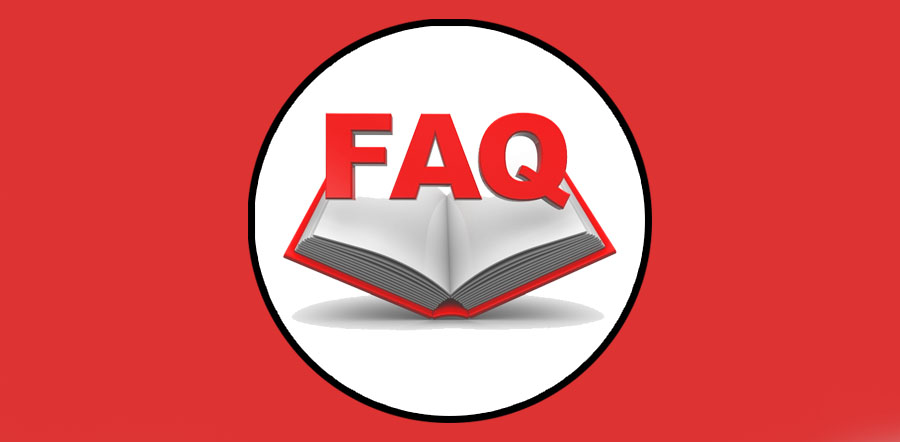ICGB
Guaranteed Success in ICGB Exam
Are you looking for real ICGB exam questions ? You’re in the right place!
Pass your IASSC ICGB exam with the latest QuizDumps PDF Questions & Answers.
QuizDumps offers authentic, updated, and expert-verified ICGB braindumps.
Want top scores? Start your prep now with QuizDumps study material.
1: Download Q&A PDF
Buy & Download 100% real, updated and verified exam questions and answers tested and prepared by IASSC experts to pass ICGB exam.
2: Prepare
Prepare for ICGB with 100% confidence using QuizDumps's ICGB exam dumps PDF or ICGB practice exam.
3: Pass Your Exam
QuizDumps's ICGB exam kit prepares you to confidently ace all ICGB questions and pass on your first attempt with top scores.
Comments
Main points of IASSC ICGB Test
The IASSC Certified Lean Six Sigma Green Belt (ICGB) exam focuses on the practical application of Lean Six Sigma principles and tools. The main points covered can be broadly categorized as follows:
1. Lean Principles and Tools:
- Value Stream Mapping (VSM): Creating, analyzing, and improving VSMs is a core component. Expect questions on identifying waste (Muda), analyzing process flow, and developing future-state maps.
- Lean Thinking: Understanding the five principles of Lean (Value, Value Stream, Flow, Pull, Perfection) and how they are applied in real-world scenarios.
- Kaizen and Continuous Improvement: Knowledge of Kaizen events, the PDCA cycle (Plan-Do-Check-Act), and other continuous improvement methodologies.
- Waste Elimination (Muda): Identifying and classifying the seven (or eight) wastes (Transportation, Inventory, Motion, Waiting, Overproduction, Over-processing, Defects, and potentially Non-Utilized Talent).
- 5S Methodology: Understanding and implementing 5S (Sort, Set in Order, Shine, Standardize, Sustain).
- Pull Systems (Kanban): Understanding the principles of pull systems and how Kanban is used to manage workflow.
2. Six Sigma Principles and Tools:
- DMAIC Methodology: A deep understanding of the DMAIC (Define, Measure, Analyze, Improve, Control) methodology is crucial. Expect questions on each phase and the tools used within each phase.
- Define Phase: Defining the project scope, objectives, and customer requirements (CTQs – Critical To Quality characteristics).
- Measure Phase: Collecting and analyzing data to understand the current process performance. This includes understanding different data types and descriptive statistics.
- Analyze Phase: Identifying the root causes of variation and defects using tools like Pareto charts, fishbone diagrams (Ishikawa diagrams), and process capability analysis.
- Improve Phase: Developing and implementing solutions to address the root causes.
- Control Phase: Monitoring and controlling the improved process to ensure sustained gains. Control charts are a key tool here.
- Statistical Process Control (SPC): Understanding and interpreting control charts (X-bar and R charts, p-charts, c-charts).
- Process Capability Analysis (Cp, Cpk): Determining whether a process is capable of meeting customer requirements.
- Hypothesis Testing: Understanding basic hypothesis testing concepts and applying them to analyze data.
3. Project Management:
- Project Charter: Defining the project scope, objectives, and resources.
- Project Planning and Execution: Managing project timelines, resources, and risks.
- Stakeholder Management: Identifying and managing stakeholders' expectations.
- Communication and Reporting: Effectively communicating project progress and results.
4. Understanding of Data and its Analysis:
- Descriptive Statistics: Calculating and interpreting measures of central tendency (mean, median, mode) and dispersion (range, standard deviation).
- Data Visualization: Creating and interpreting charts and graphs (histograms, scatter plots, box plots).
It's important to note that the exam emphasizes practical application rather than theoretical knowledge. You should be prepared to apply these tools and techniques to solve real-world problems. Many practice questions and case studies will help you solidify your understanding.
| Exam Code | Certifications | Questions | Comments | Reviews |
|---|---|---|---|---|
| ICBB Dumps | Lean Six Sigma Black Belt | 300 Questions | 10 | 3 |
| ICYB Dumps | Lean Six Sigma Yellow Belt | 120 Questions | 0 | 0 |
| ICGB Dumps | Lean Six Sigma Green Belt | 200 Questions | 0 | 0 |
Why PDF Format?
Our PDF format offers seamless portability across multiple devices, allowing you to study anytime, anywhere. For a more immersive preparation, our Practice Test software replicates the real exam environment. With various testing modes and advanced self-assessment features, our practice exams stand out as the best in the industry.
Is This User Friendly & Easily Accessible on Mobile Devices?
We are committed to delivering precise IASSC Certified Lean Six Sigma Green Belt Exam questions and answers, accompanied by detailed explanations. At QuizDumps, we value your time and investment, ensuring that every question and answer is thoroughly verified by IASSC experts. Our team consists of highly qualified professionals with years of hands-on experience in the field, guaranteeing reliable and up-to-date exam preparation.
Are All Materials Verified by Experts?
QuizDumps is a trusted name in certification exam preparation, offering [Authentic, Updated, and Real] ICGB Dumps, carefully crafted and verified by IT professionals. If you want to achieve top scores, kickstart your preparation today with our comprehensive ICGB dumps PDF.
What is Our Commitment !
At QuizDumps, we are committed to helping professionals pass their certification exams in the shortest time possible. Our goal is to provide top-quality study materials and exceptional customer support. We continuously enhance our IASSC ICGB exam preparation resources by updating question banks, adding new features, and promptly addressing any reported issues.

